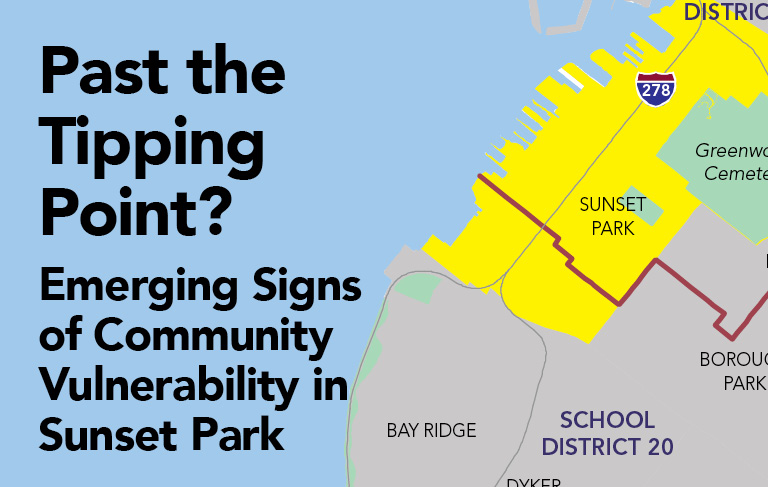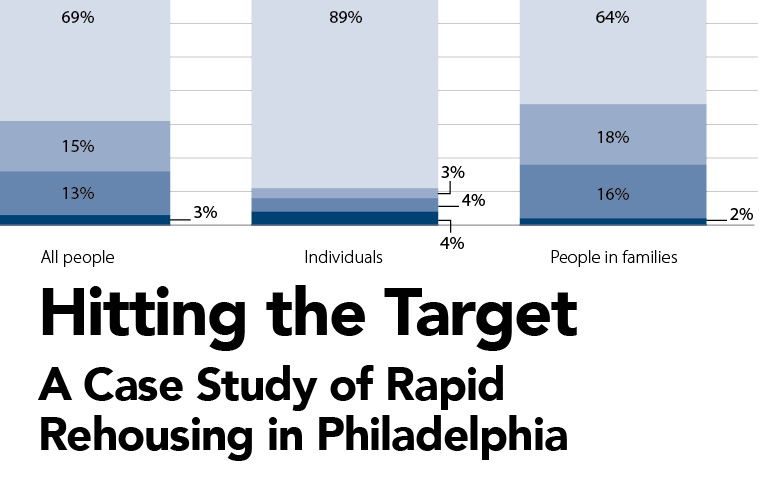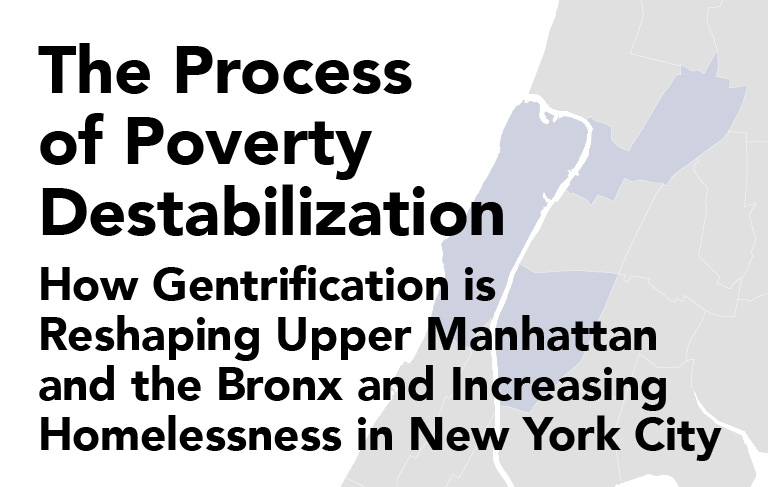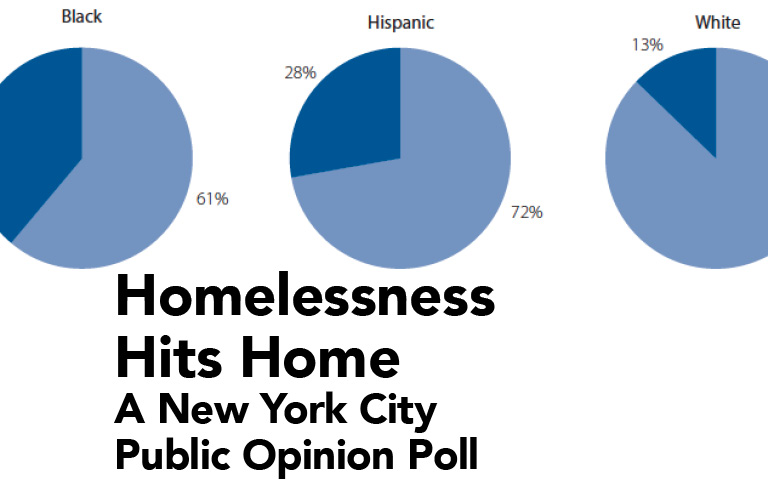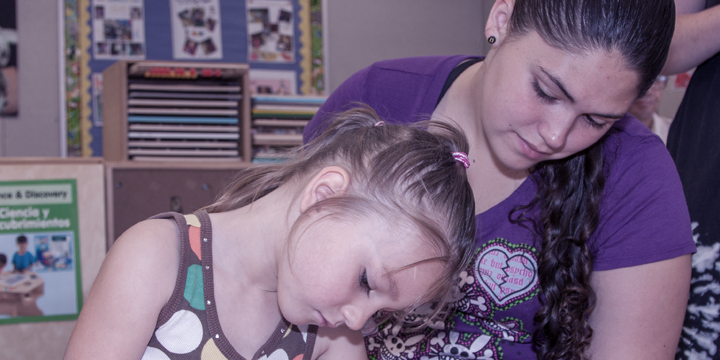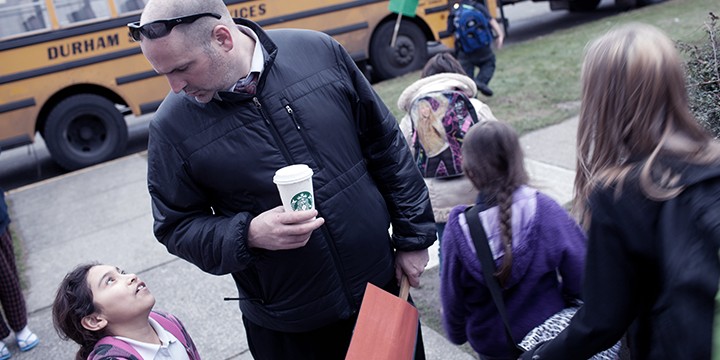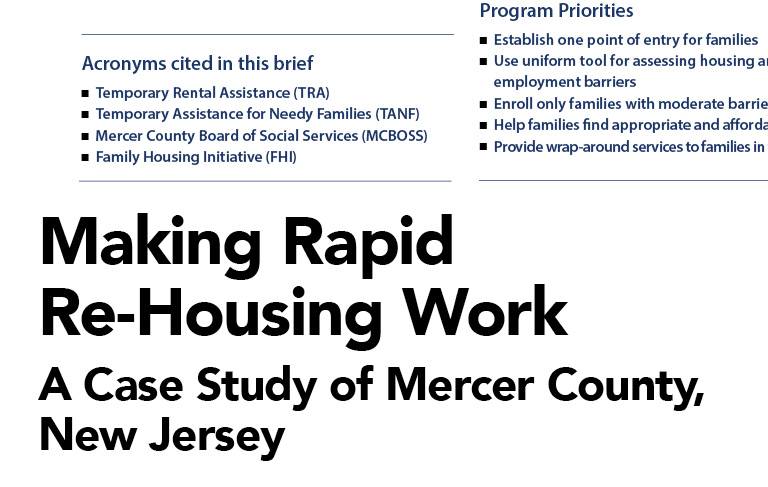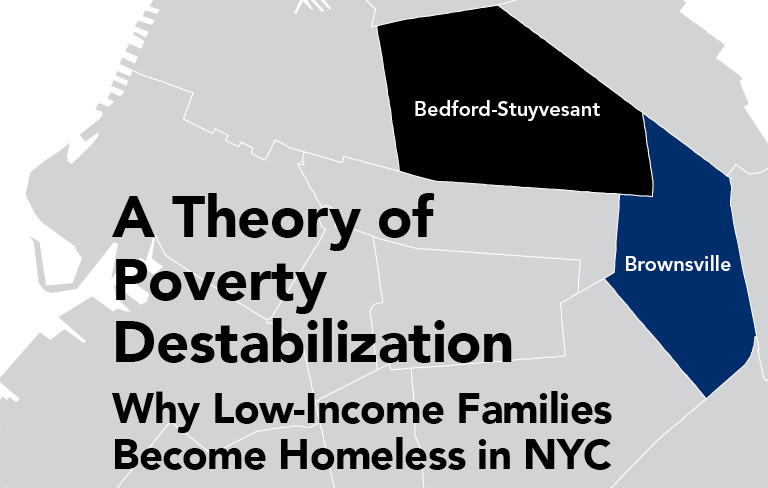As New York City becomes increasingly unaffordable and affordable housing becomes scarcer, working class communities are showing signs of vulnerability: growth in poverty, a decline in educational attainment, and overcrowding in rental units. This community profile examines the growing instability in one such community—Sunset Park, Brooklyn—which was the most overcrowded neighborhood and fourth most rent-burdened community in New York City in 2012, yet has seen few families turning to the shelter system.…
Past the Tipping Point? Emerging Signs of Community Vulnerability in Sunset Park
